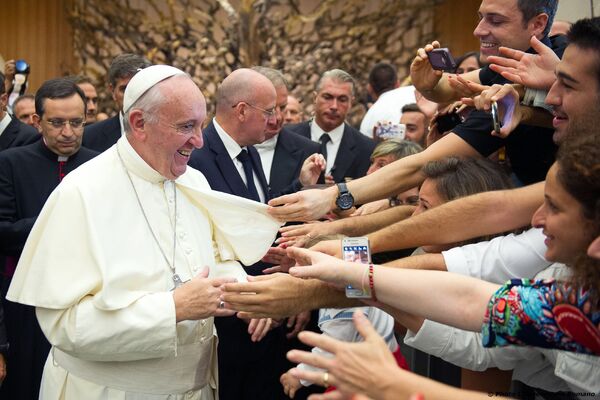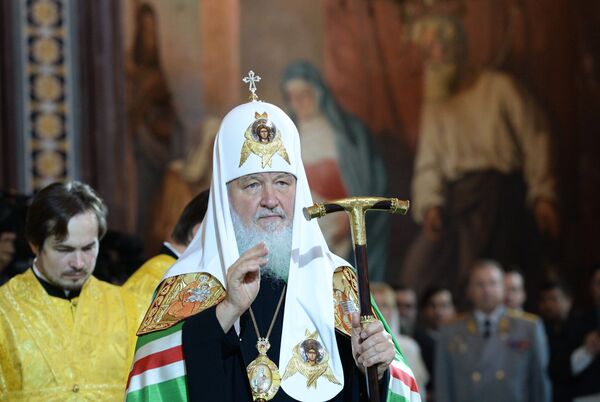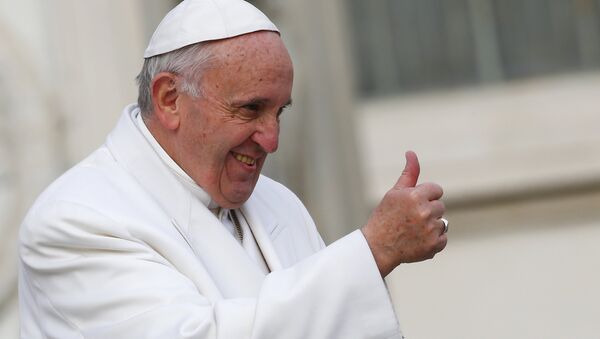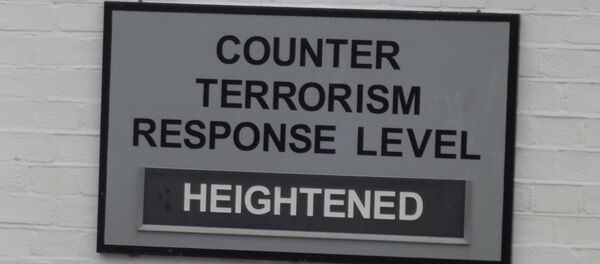Speaking from his residence Casa Santa Marta, in Vatican City, the pontiff said he was "extremely happy" with the historic meeting, which could be the start of a rapprochement between the Catholic and the Orthodox Churches after the 1054 Schism.
Pope Francis, Patriarch Kirill meeting cause for "great joy" §RV https://t.co/232AAeD25V
— Vatican — news (@news_va_en) February 6, 2016
The two churches split in 1054 — in what is often called the "Great Schism" — following protracted disputes over Rome's supremacy over the whole Christian community, which compounded more strict theological disagreements.
"…I wanted to see and hug my Orthodox brothers again," the Pope said.
"The negotiations [for the meeting to take place] have been carried out secretly over two years, by skillful bishops. Bishop Hilarion was our contact on the Orthodox side."

The meeting will take place in Cuba, at Havana's airport, where Francis and Kirill will talk and eventually sign a joint statement.
Besides its religious meaning, Francis emphasized the summit's geopolitical significance, explaining that it was a chance to "build bridges" with Russia itself.
"Bridges are built to last, and they help peace. Walls, on the contrary, seem to protect us but they only keep us apart," Francis said.
"We have to tear walls down, rather than build them."
He added that "Russia can do a lot" to solve the current international crises, which he famously called "a piecemeal World War III."

Pope Francis also warned against a new western intervention against Islamic extremists in North Africa and the Middle East.
"The West should engage in some self-criticism on how it behaved during the so-called Arab Spring," he said. In particular, he referred to the explosion of tribalism and sectarian wars in today's Libya:
"Before the intervention, there was only one Gaddafi — now we have fifty Gaddafis," he said.
"On this theme, the Holy See and Russia are partially on the same page."
Next Friday's meeting however, is only the last example of a progressively intense relationship between Russia and Pope Francis' Vatican.
Just months after America abandoned its intervention plan, the Pope sent Russian President Vladimir Putin a letter in which he pleaded with him that the Syrian crisis be solved without the use of military power.
Since then, Limes states, a "holy alliance has emerged between the Vatican and the Kremlin," in order to stave off extremism and militarism.
A third prong of Pope Francis' strategy is an increasingly closer relationship with Hassan Rouhani's Iran, which the Holy See regards as the best antidote to the Islamic State's murderous doctrine.




